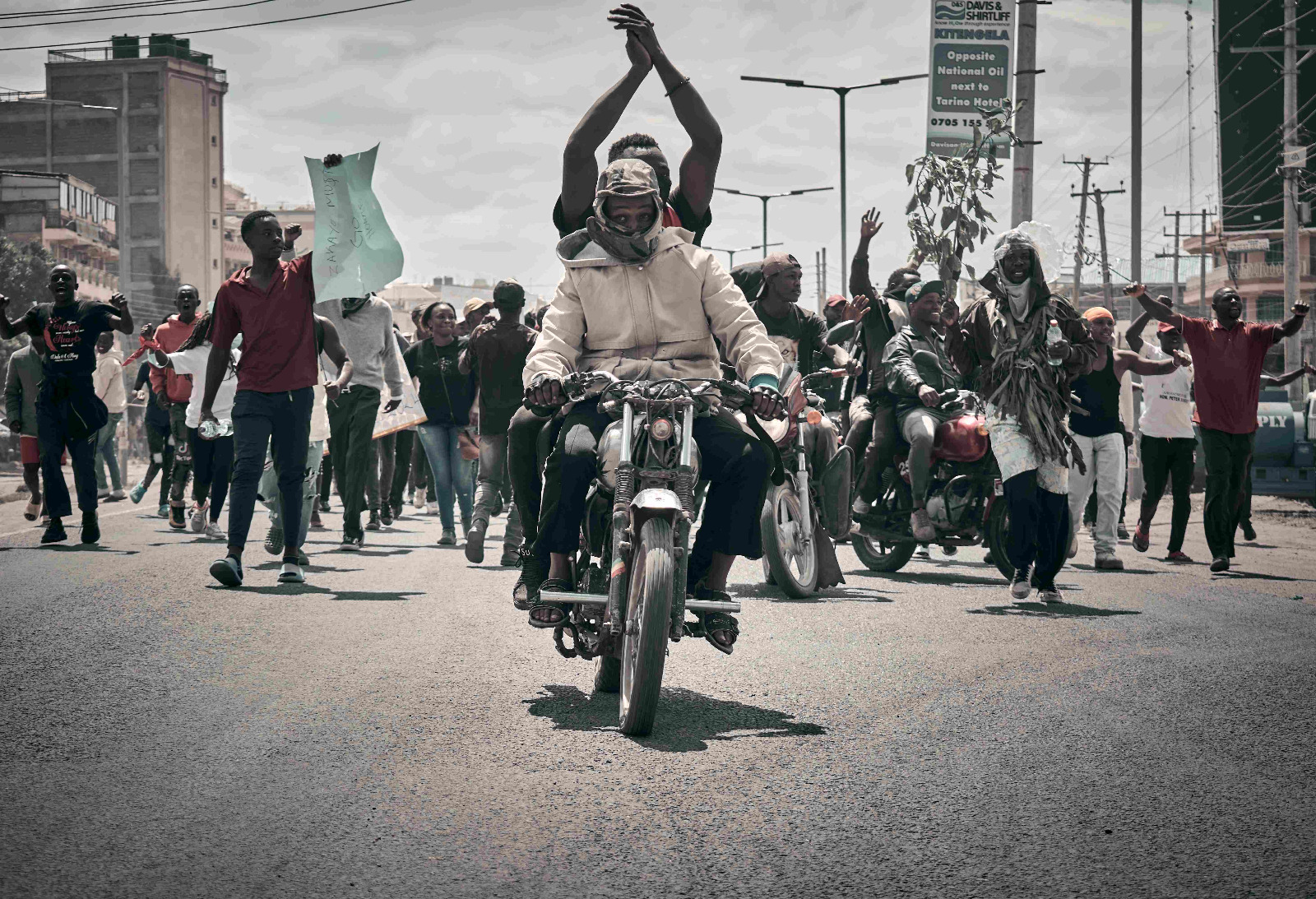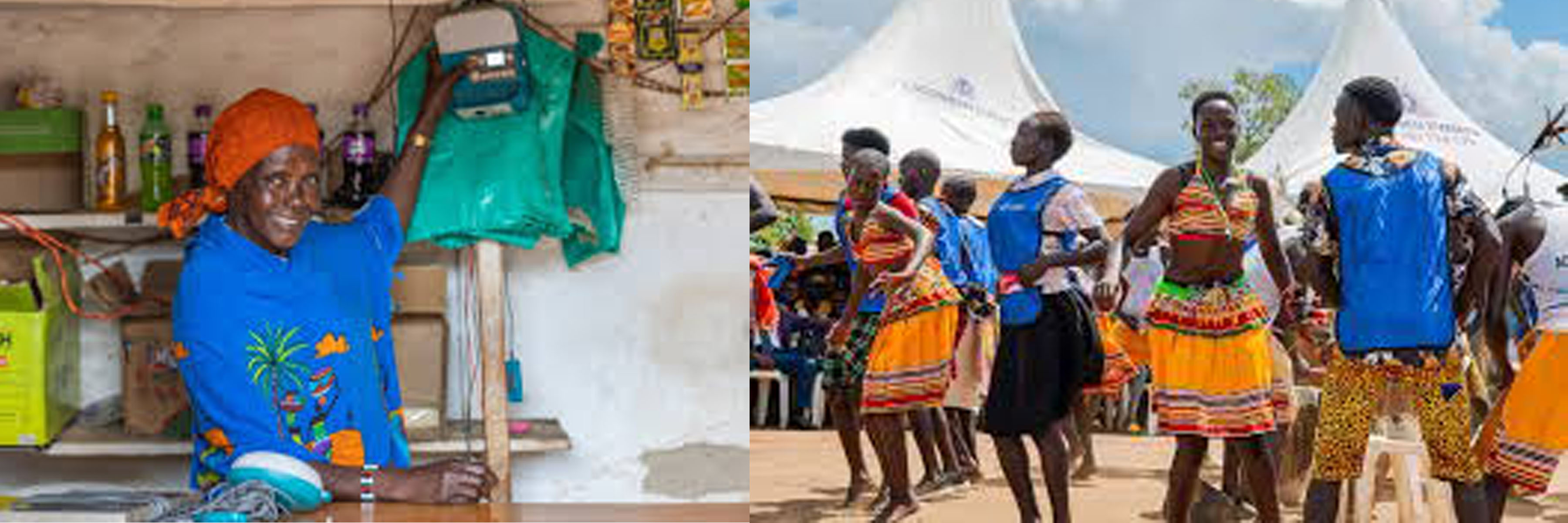Kenya Protests: Role of the Media in De escalating Violence
Centre for Environment and Migration Assistance (CEMA) has urges the media to support the de-escalation of violence during Kenya’s ongoing protests by promoting accurate reporting, countering misinformation, and amplifying peaceful voices. CEMA also called for improved coordination between journalists and security agencies to enhance press safety and public trust...
Read MoreResilience in Motion: Honoring Uganda’s Refugees on World Refugee Day
On World Refugee Day 2025, CEMA honors refugee-led innovation, climate action, and the unwavering spirit transforming Uganda's settlements...
Read MoreCEMA Marks World Environment Day: Empowering Displaced Communities for a greener future
Centre for Environment and Migration Assistance (CEMA) joins the rest of the world in commemorating World Environment Day 2025, reaffirming its commitment to building climate-resilient communities among refugees...
Read MoreCongo-Kinshasa: Rwanda Receives Hundreds More Returnees from DR Congo
Rwandan authorities receive 796 returnees from eastern DR Congo, mainly women and children, who had been held by the FDLR militia...
Read MoreCongo-Kinshasa: Congolese Escaping the M23 Conflict Face New Hardships in Burundi
Rwandan authorities Receives 796 Rwandans returning from eastern DR Congo, where they had been held by the FDLR militia, while in Cibitoke, Burundi, concerns were raised over unaccompanied children and individuals showing signs of psychological distress due to the crisis...
Read More




